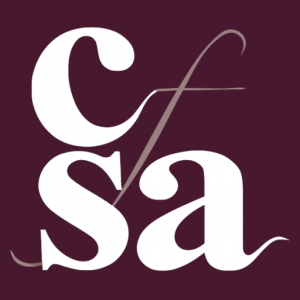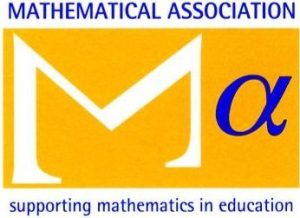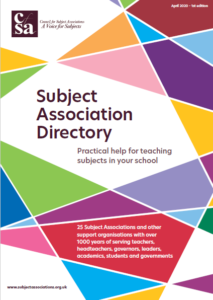


There are lots of reasons to join a subject association, whether you’re a student, teacher, or researcher, and whatever stage you’re at in your career. In this post, Dr Becky Fisher (CEO of the English Association (EA)) and Sandi Atkinson (CEO of the Mathematical Association (MA)) will tell you all about subject associations (SAs) and how you can benefit from joining one (or more!).
What is a subject association?
SAs are membership organisations and charities independent of Government with missions to support teaching and learning in their subject area, across all aspects of education.
Who are the members of subject associations?
Members range from subject experts (like teachers, subject leaders, and academics) to people with an interest in the subject. Members of SAs usually pay a membership fee to have access to a range of benefits that are not available to the general public, such as:
- Cutting-edge research on theory, pedagogy, and practice in journals and magazines published by the subject association
- Access to a community of peers and subject leaders
- Discounts on webinars and conferences
- Access to high-quality teaching resources like lesson plans, worksheets, and CPD
Why should you join a subject association?
As James Noble-Rogers, Executive Director of the Universities Council for the Education of Teachers (UCET) says,
SAs are an invaluable source of curriculum materials, research findings, and advice for teachers working across all phases and subject areas. UCET recommends that all teachers, from those still in the process of qualifying, right up to experienced practitioners and leaders, think about joining their relevant association. The resources they provide are research informed, relevant, independent, and of the highest quality. By becoming a members of a SA teachers become part of a professional community with excellent networking opportunities.
Here are our five top reasons to join a subject association:
- Be part of the national conversation about your subject. Subject associations represent their members’ interests in decisions on national educational policy and curriculum and assessment reform. By joining a SA, you will be part of the future of your subject. Want to do more? Join a committee within your SA to shape the work (and enhance your CV at the same time!).
- Meet an engaged community. Network with local, national, and international peers and subject leaders, and access support from a range of expert professionals. You’ll be kept up to date with all the news you need to stay up to date, including regulatory and policy changes, funding and training opportunities, and the latest research and campaigns updates.
- Improve your subject knowledge and teaching practice through access to exclusive events and publications. Many SAs will publish internationally renowned journals and magazines that you can read online, covering current, research-driven topics, as well as a vibrant programme of online and in-person events and activities.
- Publish your work in your SA’s journal or magazine: a great opportunity to share and promote your work. SAs will have supportive, engaged editorial teams to work with you, whether you’re an experienced writer or a first-time author.
- Flexible membership options. SAs offer a range of membership plans for individuals and organisations so you can get the most out of your membership whatever your situation.
What do members say about subject associations?
Charlie Stripp MBE, former mathematics teacher, Chief Executive of Mathematics and Education in Industry (MEI) and Director of the National Centre for Excellence in the Teaching of Mathematics (NCETM)
Being a member of one of these associations has been useful to me throughout my career…Even as a newly qualified teacher, I was able to take part in responding to maths teaching association consultations and so feel my voice was contributing to national debate on issues affecting maths education.
- If you are a maths educator and are not currently a member of a maths education professional association, I strongly recommend you join one. Your membership will support career-long development as an expert maths educator and strengthen your identity as a member of a vital profession. It will also give you the opportunity to have a voice in how maths education develops to meet the challenges we face to provide excellent maths education for our young people, now and in the future.
Vanessa Havill, English Teacher
The English Association is an incredible community of creative thinkers, innovators, and collaborators that has given me a voice when I thought no one was listening!
They’ve given me the confidence to write, muse, and rethink the teaching of English as a subject. What I value most about the EA is that it is much more than an anonymous organisation – it’s a collection of genuinely passionate individuals who seem to understand and appreciate the value of sharing my teaching practice with others across the UK.
My favourite part of being an EA member is sharing experiences, starting new projects and, more recently, being part of the Thinking Forwards series and finding ways to collaborate and bridge the gap of attainment and interest in English as the subject to be studied at university, particularly with my sixth form college students who are underrepresented in this subject at HE.
For more on our subject associations, please check out the CfSA Subject Association Directory: https://www.subjectassociations.org.uk/the-cfsa-directory/

